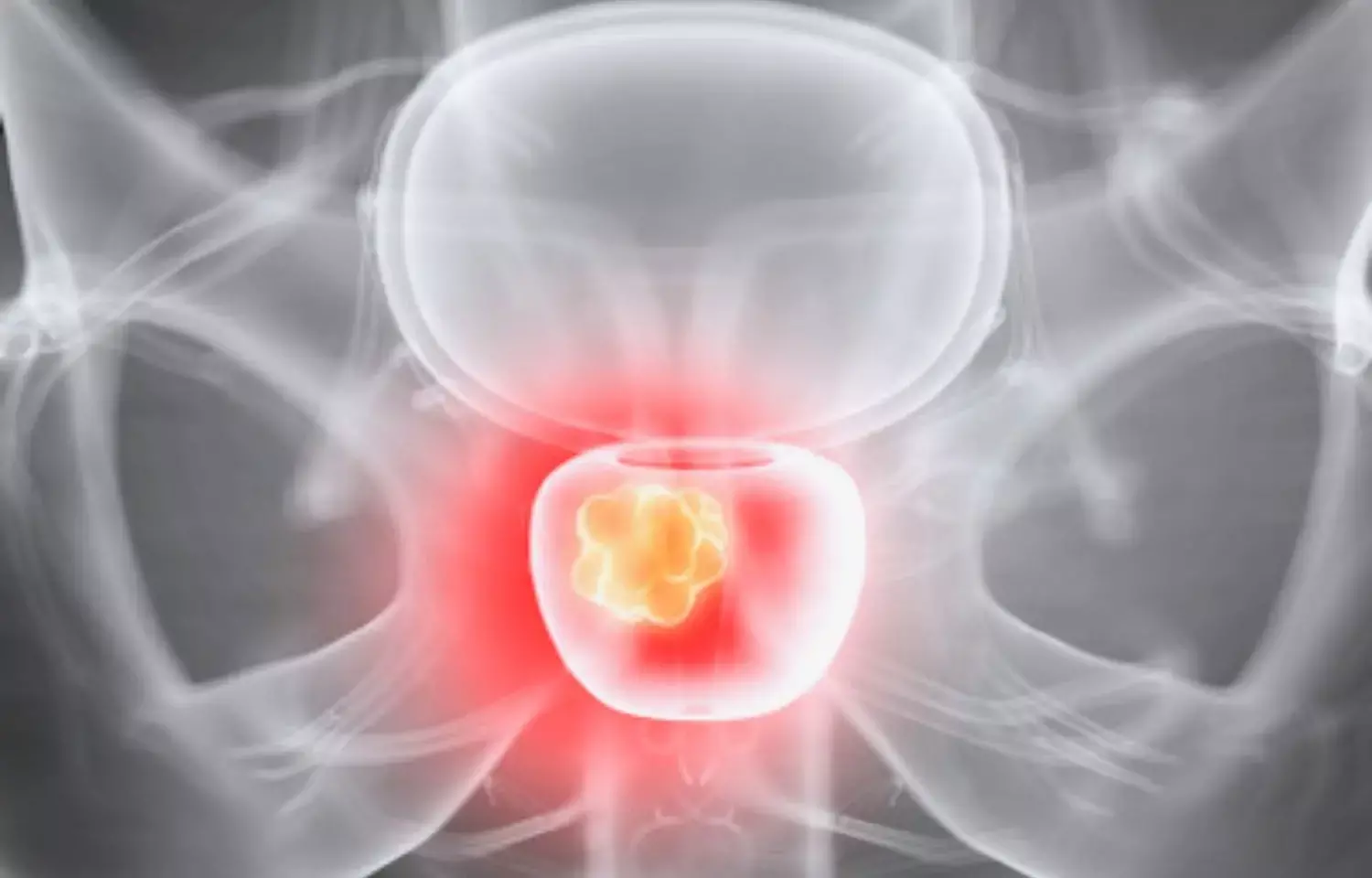- Home
- Medical news & Guidelines
- Anesthesiology
- Cardiology and CTVS
- Critical Care
- Dentistry
- Dermatology
- Diabetes and Endocrinology
- ENT
- Gastroenterology
- Medicine
- Nephrology
- Neurology
- Obstretics-Gynaecology
- Oncology
- Ophthalmology
- Orthopaedics
- Pediatrics-Neonatology
- Psychiatry
- Pulmonology
- Radiology
- Surgery
- Urology
- Laboratory Medicine
- Diet
- Nursing
- Paramedical
- Physiotherapy
- Health news
- Fact Check
- Bone Health Fact Check
- Brain Health Fact Check
- Cancer Related Fact Check
- Child Care Fact Check
- Dental and oral health fact check
- Diabetes and metabolic health fact check
- Diet and Nutrition Fact Check
- Eye and ENT Care Fact Check
- Fitness fact check
- Gut health fact check
- Heart health fact check
- Kidney health fact check
- Medical education fact check
- Men's health fact check
- Respiratory fact check
- Skin and hair care fact check
- Vaccine and Immunization fact check
- Women's health fact check
- AYUSH
- State News
- Andaman and Nicobar Islands
- Andhra Pradesh
- Arunachal Pradesh
- Assam
- Bihar
- Chandigarh
- Chattisgarh
- Dadra and Nagar Haveli
- Daman and Diu
- Delhi
- Goa
- Gujarat
- Haryana
- Himachal Pradesh
- Jammu & Kashmir
- Jharkhand
- Karnataka
- Kerala
- Ladakh
- Lakshadweep
- Madhya Pradesh
- Maharashtra
- Manipur
- Meghalaya
- Mizoram
- Nagaland
- Odisha
- Puducherry
- Punjab
- Rajasthan
- Sikkim
- Tamil Nadu
- Telangana
- Tripura
- Uttar Pradesh
- Uttrakhand
- West Bengal
- Medical Education
- Industry
Advanced imaging techniques can obviate need of biopsy in Radical prostatectomy

Radical prostatectomy after confirmation of cancer via two advanced imaging techniques without biopsy is feasible, according to a retrospective study of 25 patients who refused biopsies.
The study was reported by Valentin H. Meissner, MD, and colleagues at the Technical University of Munich, Germany, in European Urology.
Current guidelines call for prostate biopsy if elevated prostate-specific antigen or abnormal digital rectal examination suggests cancer. But biopsies can cause complications, such as sepsis, urinary retention, and hematuria requiring catheterization.
However, the use multiparametric magnetic resonance imaging (mpMRI) alone may not be sufficient to diagnose patients. Studies show that mpMRI misses about 10% of significant prostate cancers and has a low positive predictive value.
"Results of our case series may trigger the discussion about [radical prostatectomy] without prior biopsy as a possible option in well-selected patients,"
In the current case series, the authors reported their experience combining two advanced imaging modalities — mpMRI and prostate-specific membrane antigen (PSMA) positron-emission tomography (PET) — as the primary diagnostic tool to detect and treat prostate cancer in patients who refused biopsy.
"The improved accuracy of prostate-specific membrane antigen (PSMA) positron emission tomography (PET) raises the question whether this imaging modality can complement mpMRI to safely avoid biopsy prior to radical prostatectomy," Meissner and colleagues noted.
Recent studies have already suggested that the two imaging techniques in combination are more accurate than mpMRI alone, suggesting that "men with suspicious PSMA-PET and mpMRI findings could potentially avoid biopsy and undergo definitive treatment," the authors write.
The authors have identified several possible benefits associated with proceeding to prostatectomy without biopsy:
• No further complications after biopsies
• Reduced time from diagnosis to treatment
• A lower psychological burden, and less anxiety in patients
• Lower health economic costs (i.e., comparing the cost of an additional PSMA-PET exam versus the cost of unnecessary biopsies)
In the current case series, Meissner and colleagues tracked 25 patients who chose to have radical prostatectomies based on the results of mpMRI and PSMA-PET imaging without biopsy, despite the surgeon's recommendation to undergo biopsy.
The men had a median PSA level at diagnosis of 7.3 ng/mL and a median age of 71. All had at least one suspicious lesion in mpMRI and one in PSMA-PET as well as a Prostate Imaging Reporting & Data System (PI-RADS) score of at least 4 and a PET score of at least 4 (with a median standardized uptake value [SUVmax] of 9.5).
After undergoing radical prostatectomy, all patients showed significant prostate cancer greater than grade 1 on histopathology evaluation, defined using International Society of Urological Pathology (ISUP). More specifically, eight of the 25 patients had ISUP grade 2, 15 had ISUP grade 3, and two had ISUP grade 5.
Both mpMRI and PSMA-PET had 100% sensitivity and 100% positive predictive value. PSMA-PET and mpMRI successfully identified all four cases of seminal vesicle invasion, 4 of 6 cases of extracapsular extension, and 13 cases of locally confined disease. In four patients, the researchers found lymph node invasion in the final pathology, and PSMA-PET correctly identified one of these preoperatively.
Reference: Radical Prostatectomy Without Prior Biopsy Following Multiparametric Magnetic Resonance Imaging and Prostate-specific Membrane Antigen Positron Emission Tomography. Valentin H.Meissner et al. European Urology. https://doi.org/10.1016/j.eururo.2021.11.019
MBBS, MS
Dr Nisanth Puliyath (MBBS, MS) has completed his MBBS from Calicut Medical College and MS General Surgery from AIIMS Rishikesh. He has published several peer-reviewed papers in both national and international journals. He has presented posters and papers at various national conferences and won prizes for the same. He is a surgeon with a keen interest in the latest literature and technical advances in the fields of Surgery and Urology. He can be contacted at editorial@medicaldialogues.in.
Dr Kamal Kant Kohli-MBBS, DTCD- a chest specialist with more than 30 years of practice and a flair for writing clinical articles, Dr Kamal Kant Kohli joined Medical Dialogues as a Chief Editor of Medical News. Besides writing articles, as an editor, he proofreads and verifies all the medical content published on Medical Dialogues including those coming from journals, studies,medical conferences,guidelines etc. Email: drkohli@medicaldialogues.in. Contact no. 011-43720751


